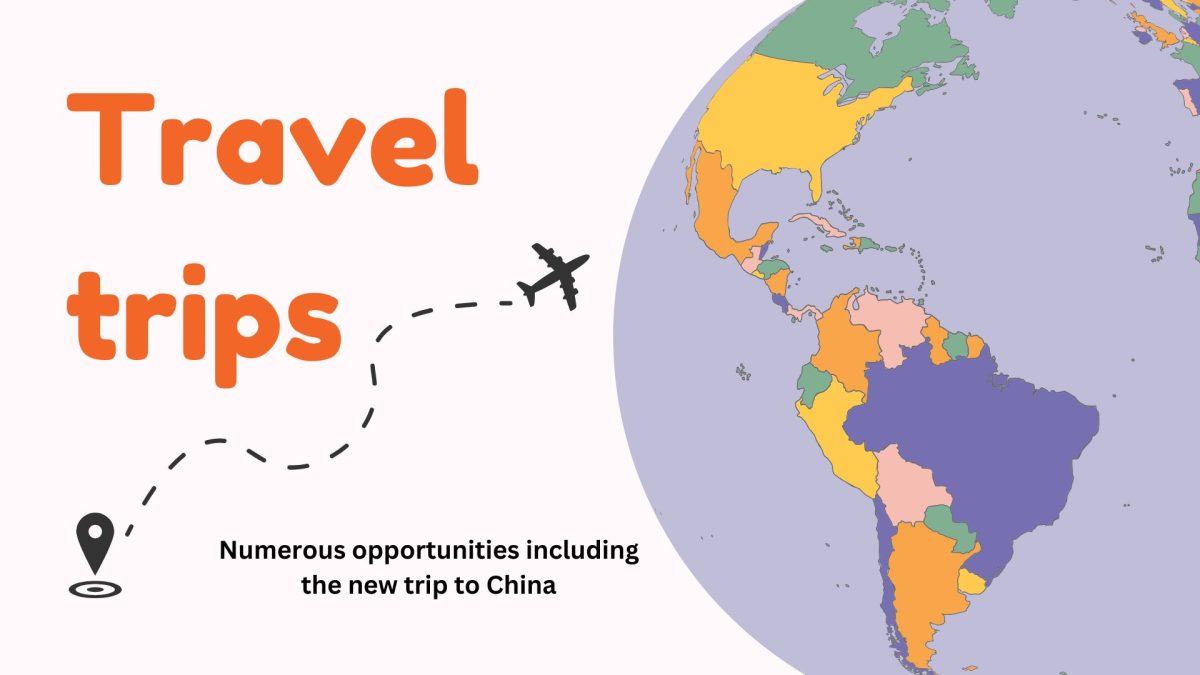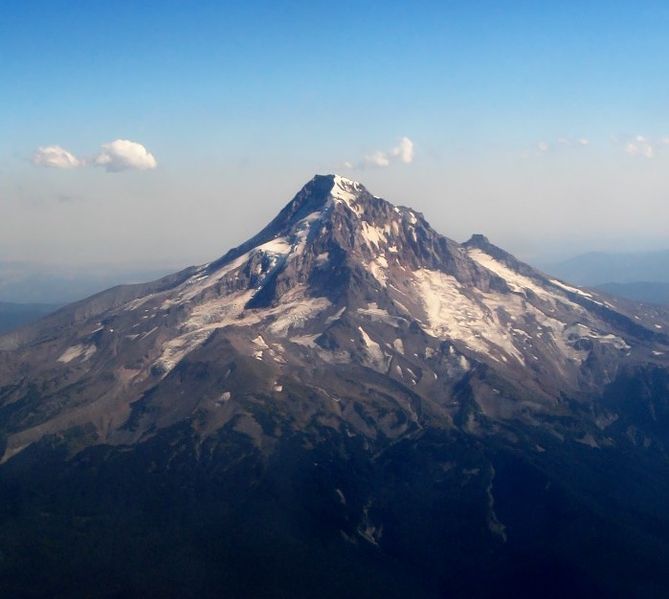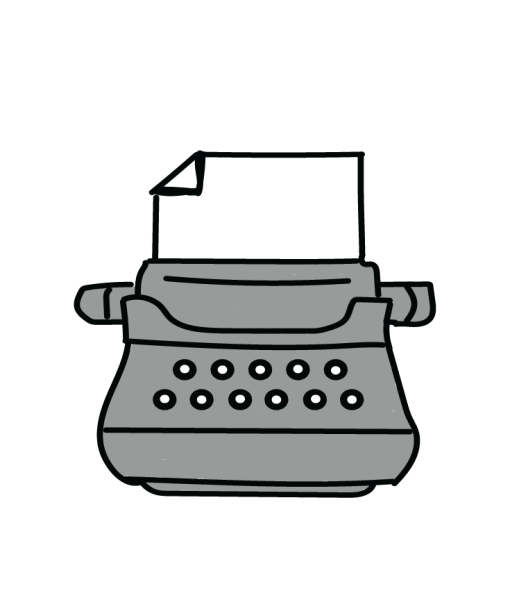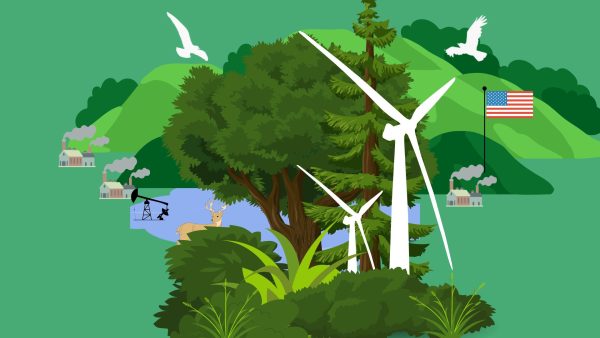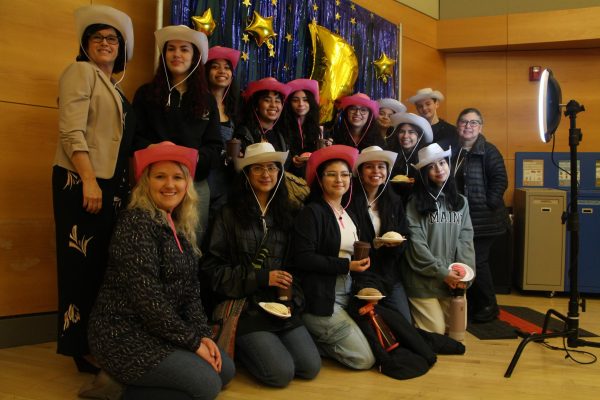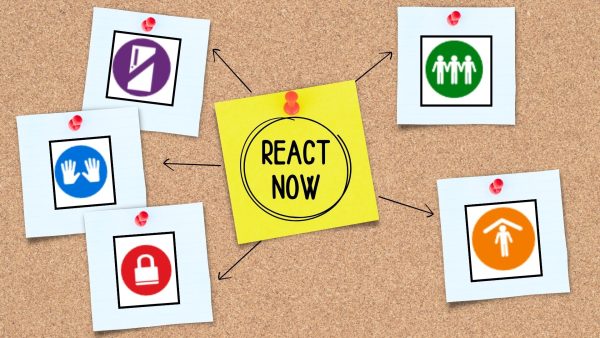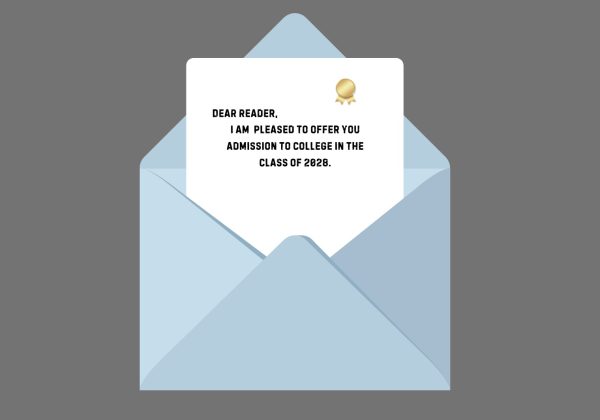Oregonians DO need to conserve water
Oregon gets almost 40 inches of rain annually, while some states get less than 15. Because of this, many people don’t see a need to preserve water. And while it might not be obvious in everyday lives, everyone is affected by the consequences of global warming.
Oregon is experiencing its fourth consecutive year of drought. Nearly two-thirds of the state is in a state of severe drought, which means there has likely been crop or pasture losses, water shortages, and water restrictions have been imposed.
Snow has been absent from the mountains and rain has been missing from much of the year. This means there is less of the run-off that we depend on to fill our streams and reservoirs. This snowpack is extremely important.
“Most of the water falling is rain and that runs downhill really quickly, and it can fill those reservoirs but then we end up having to drain those reservoirs and we are unable to store it,” Jeff Bingham, science teacher, said. “But when the snow melts it slowly builds those reservoirs.”
This means that we don’t have to drain the reservoirs and lose all that water. The reason we aren’t getting any snow is because it has been too warm. This is from the emission of greenhouse gasses that are causing a climate shift.
Not only will conserving water help future generations, it will help you right now. Conserving water saves money on your water and sewer utility bills. Saving water conserves energy by reducing the amount of water needed to be heated as well as energy used to pump water. It also helps the environment by reducing the demand for water storage, treatment, purification and distribution.
Everyone can take steps to preserve water in their everyday lives without breaking the bank with water efficient appliances.
“Its the three E’s. Environment, economy and equity. And unfortunately to make environmental decisions right now, you have to have little bit of fluids,” Bingham said. “You have to have a little bit of money to eat organic, so it’s not equitable yet.”
Bingham is not the only one who realizes that it can be hard, financially to make environmentally friendly. Obviously, not everyone can drive a Tesla and have solar panels on their roof for electricity. However you can do things in your everyday lives that will help. Take shorter showers, turn off the water when you’re brushing your teeth, reevaluate how you wash the dishes, think about if you really need to water your lawn everyday. By taking steps to conserve today, we can ensure that the affects of climate change are mitigated in Oregon and around the globe.
Your donation will support the student journalists of West Linn High School. Your contribution will allow us to continue to produce quality content by purchasing equipment, software, and continuing to host our website on School Newspapers Online (SNO).

Lots of people make big plans for their future. Megan Riehle, junior, is one of those people. She aspires to double major in fine arts and English at her...


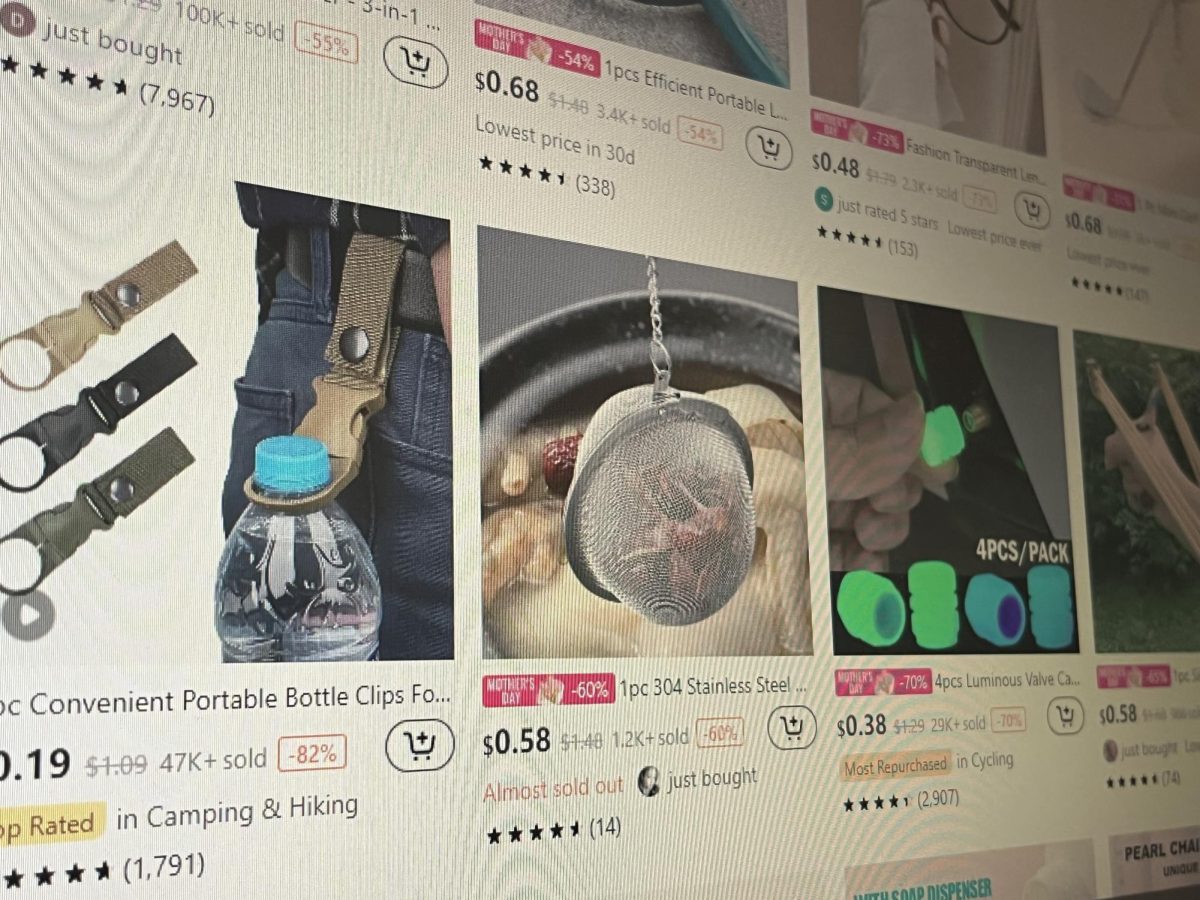























![Game, set, and match. Corbin Atchley, sophomore, high fives Sanam Sidhu, freshman, after a rally with other club members. “I just joined [the club],” Sidhu said. “[I heard about it] on Instagram, they always post about it, I’ve been wanting to come. My parents used to play [net sports] too and they taught us, and then I learned from my brother.”](https://wlhsnow.com/wp-content/uploads/2024/03/MG_7715-2-1200x800.jpg)





![The teams prepare to start another play with just a few minutes left in the first half. The Lions were in the lead at halftime with a score of 27-0. At half time, the team went back to the locker rooms. “[We ate] orange slices,” Malos said. “[Then] our team came out and got the win.”](https://wlhsnow.com/wp-content/uploads/2023/10/IMG_2385-1200x800.jpg)





![At the bottom of the third inning, the Lions are still scoreless. Rowe stands at home plate, preparing to bat, while Vandenbrink stands off to the side as the next batter up. Despite having the bases loaded, the team was unable to score any runs. “It’s just the beginning of the season. We’re just going to be playing out best by June, [and] that’s where champions are,” Rowe said.](https://wlhsnow.com/wp-content/uploads/2024/03/IMG_3077-1200x900.jpg)







